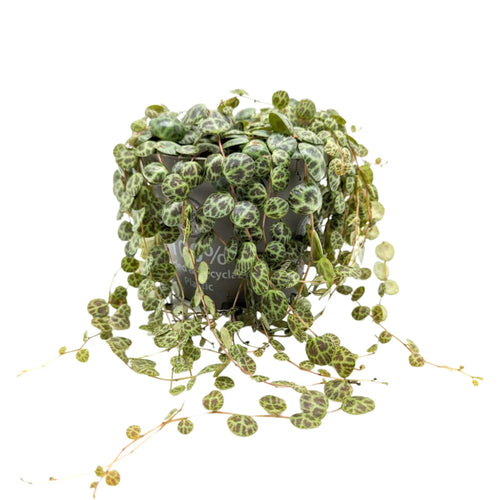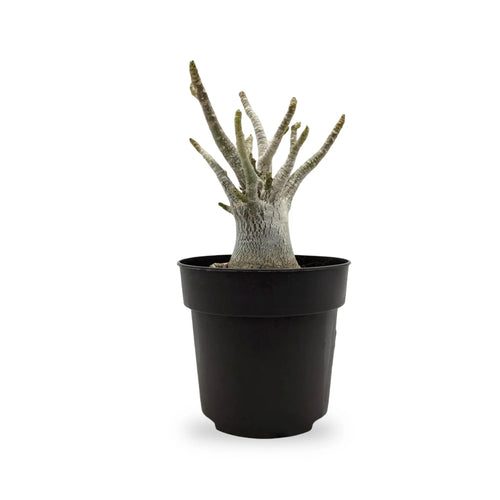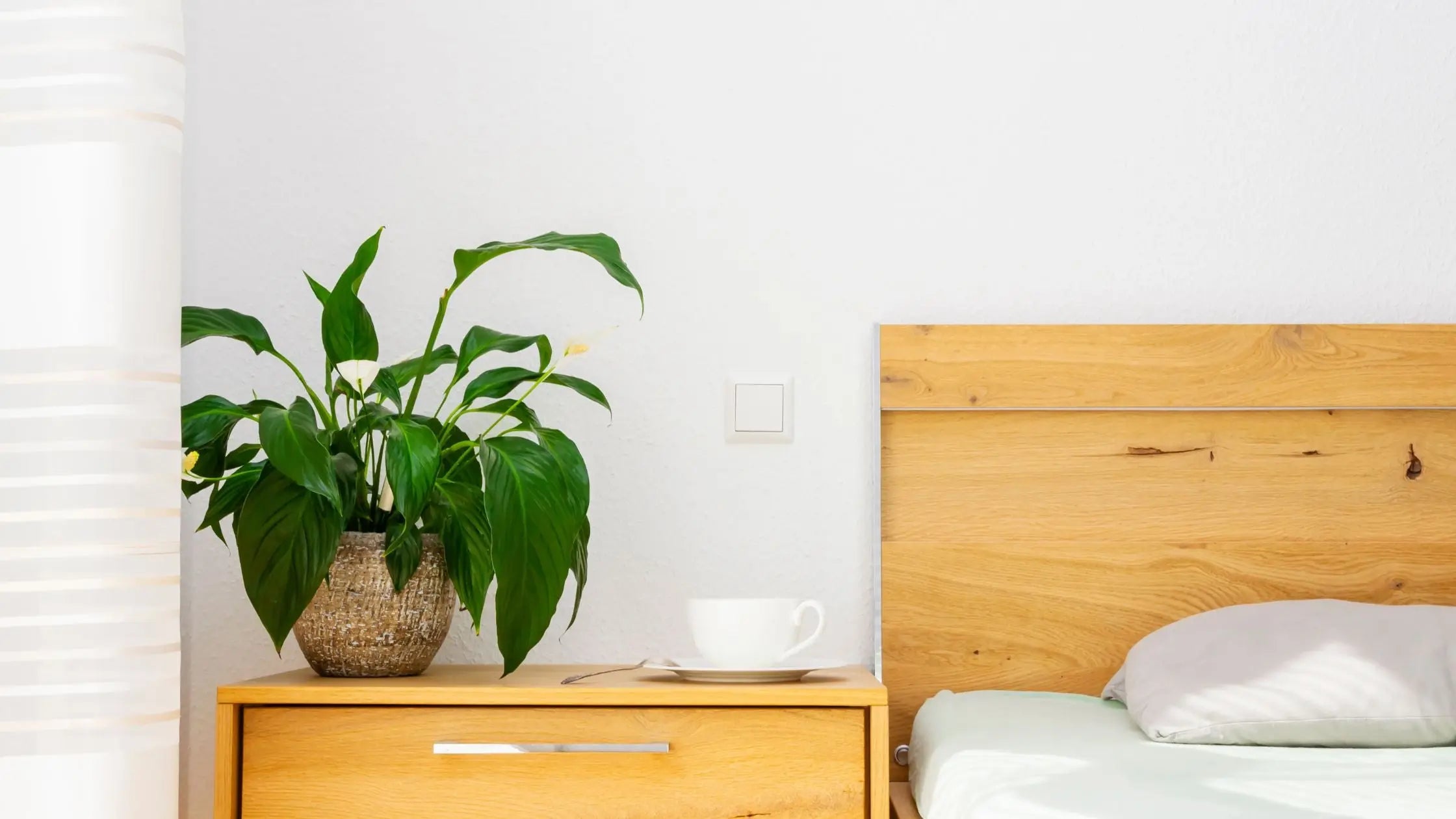Houseplants bring beauty and health benefits to your home. They purify the air and create a calm environment. However, some houseplants can be harmful to your pets, especially cats. Cats are curious and often chew on plants. This can lead to serious health issues if the plant is toxic. This blog will explore which houseplants you should keep away from your cat. Knowing these houseplants' benefits will help you create a safe indoor environment for your furry friend.
Dangerous Houseplants to Avoid
Lilies
Lilies are beautiful but highly toxic for your cats. All parts of this houseplant, including the flowers and leaves, are dangerous. Even small amounts of lilies can cause severe kidney damage. Symptoms of lily poisoning include vomiting, lethargy, and loss of appetite. If you have cats, it is best to avoid lilies entirely.
Aloe Vera
Aloe vera houseplant is known for its medicinal properties. However, it is toxic to cats. Ingesting aloe vera can cause vomiting, diarrhoea, and tremors. The plant contains saponins and anthraquinones, which are harmful to cats. Keep aloe vera out of reach, or consider other non-toxic plants.
Pothos
Pothos, also known as Devil's Ivy, is popular for its easy care and attractive appearance. Unfortunately, it is toxic to cats. Ingesting Pothos can cause oral irritation, vomiting, and difficulty swallowing. Symptoms appear quickly, so immediate veterinary care is necessary if your cat chews on Pothos.
Philodendron
Philodendrons are popular indoor houseplants due to their attractive foliage. However, they are toxic to cats. This houseplant contains calcium oxalate crystals, which cause oral irritation, drooling, and vomiting if ingested. Keep Philodendrons out of your home or in areas inaccessible to your cat.
Peace Lily
Peace Lilies are not true lilies but still pose a danger to cats. Ingesting Peace Lily can cause oral irritation, vomiting, and difficulty swallowing. This houseplant contains calcium oxalate crystals, which are harmful to cats. Consider safer alternatives if you have cats at home.
Snake Plant
Snake Plant, also known as Sansevieria, is easy to care for and can be planted in indoor plant pots in the UK . However, it is toxic to cats. Ingesting Snake Plants can cause nausea, vomiting, and diarrhoea. Keep Snake Plants in places where your cat cannot access them.
Additional Houseplants to Be Wary Of
Cyclamen
Cyclamen plants, known for their vibrant flowers, are toxic to cats. The tubers are especially dangerous, containing compounds that can cause severe vomiting and potentially fatal seizures. Avoid Cyclamen if you have cats.
Oleander
Oleander is a beautiful but highly toxic plant. All parts of the Oleander houseplant contain toxic compounds that can lead to arrhythmias and even death. It is best to avoid Oleander completely if you have cats.
Chrysanthemum
Chrysanthemums are popular for their bright, attractive flowers. However, they contain pyrethrins, which are toxic to cats. Ingesting Chrysanthemum can cause vomiting, diarrhoea, and drooling. Choose other non-toxic flowers for your home.
Kalanchoe
Kalanchoe, also known as the Mother-In-Law plant, is toxic to cats. It contains compounds that can cause vomiting, diarrhoea, and abnormal heart rhythms. To prevent accidental ingestion, avoid Kalanchoe in homes with cats.
Amaryllis
Amaryllis plants are known for their beautiful blooms but are toxic to cats. Ingesting the bulbs can cause vomiting, diarrhoea, and abdominal pain. Keep Amaryllis out of reach of your pets.
Benefits of Safe Houseplants
Houseplants can offer many benefits without posing a risk to your pets. Here are some houseplants benefits:
- Air Purification: Plants like Spider Plant and Boston Fern are safe for cats and improve indoor air quality by removing toxins.
- Stress Reduction: Greenery creates a calming atmosphere, reducing stress and anxiety for you and your pets.
- Aesthetic Appeal: Safe houseplants can enhance the beauty of your home without risking your pet's health.
- Enhanced Mood: Safe houseplants can lift your spirits and create a cheerful environment.
- Improved Focus: Studies show indoor plants can improve concentration and productivity. That's why they are great additions to your workspace.
- Natural Humidifiers: Some safe houseplants, like Areca Palm and Boston Fern, act as natural humidifiers, helping to maintain optimal humidity levels indoors.
Tips for Cat-Friendly Houseplant Care
- Research Before Buying: Always check if a plant is toxic to cats before purchasing it.
- Place Plants Strategically: Keep toxic plants out of reach. You can place them on high shelves or in hanging indoor plant pots in the UK.
- Provide Safe Alternatives: To satisfy their curiosity, offer cat-safe plants like Cat Grass or Catnip.
- Monitor Your Cat: Keep an eye on your cat's behaviour around plants and intervene if they show interest in harmful ones.
- Create a Safe Space: Dedicate a plant-free zone for your cat to play and relax without risk.
- Regular Inspections: Regularly inspect your plants and their surroundings to ensure your cat hasn’t been nibbling on anything harmful.
- Use Natural Deterrents: Use natural deterrents like citrus peels or vinegar sprays around plants to keep cats away.
- Rotate Plants: Regularly rotate houseplants to keep your cat from getting too interested in any one plant.
- Barrier Methods: Use decorative barriers or plant stands to keep plants out of your cat's reach.
Creating a Cat-Safe Indoor Garden
Creating a cat-safe indoor garden is possible with some careful planning. Consider these additional tips:
- Choose Non-Toxic Plants: Opt for plants known to be safe for cats, such as Spider Plants, Boston Ferns, and Areca Palms.
- Use Repellents: Use natural repellents like citrus peels or sprays to deter your cat from chewing on plants.
- Train Your Cat: You can try training your cat to stay away from plants using positive reinforcement techniques.
- Decorate with Care: Use decorative barriers or plant stands to keep plants out of your cat's reach.
- Regular Inspections: Regularly inspect your plants and their surroundings to ensure your cat hasn’t been nibbling on anything harmful.
Safe Plant Alternatives
Here are some safe alternatives to the dangerous plants listed above:
- Spider Plant: A great air purifier that is safe for cats.
- Boston Fern: Adds greenery and improves air quality without posing a risk to pets.
- Calathea: Safe for cats and offers vibrant foliage.
- Money Tree: Brings good luck and is safe for cats.
The End Note
Houseplants can enhance your home, but some pose serious risks to cats. Understanding which plants are toxic can prevent accidents and keep your cat safe. Opt for non-toxic alternatives to enjoy the benefits of indoor greenery without compromising your pet's health.
Are you houseplants and indoor plant pots in the UK? If yes, then contact Leaf Culture. Browse our website to purchase various houseplants and pots anytime.







